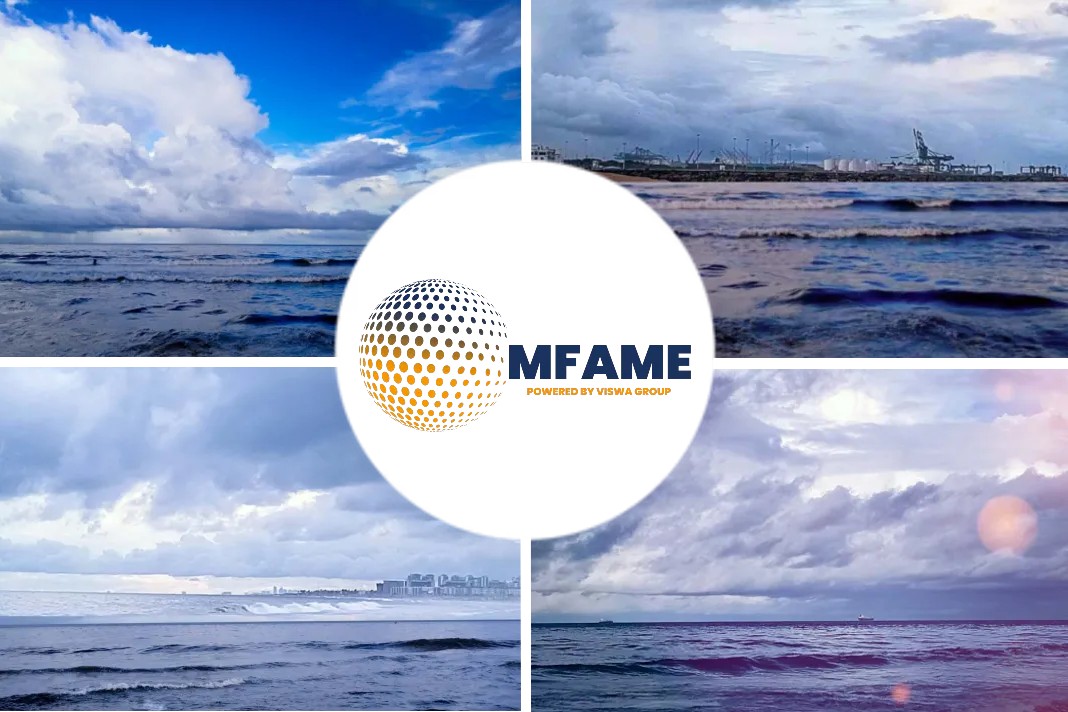The Dutch maritime technology company and the Spanish tugboat operator Boluda Towage are collaborating more closely to use data to cut fuel usage on a total of seventeen vessels, says an article published in Offshore Energy.
Operate harbor tugs
The company will add two tugboats in the ports of Antwerp, two in the port of Ghent, and eight in the port of Hamburg in addition to the five tugboats currently working in the port of Zeebrugge.
The business hopes to reduce fuel use by 30% by utilising the Onboard Platform.
One of the first companies to use hybrid propulsion in port tugs was Boluda Towage in 2012.
Upgrade existing tugboat
It was the first towing firm in Europe to upgrade an existing tugboat in 2020 to meet IMO Tier III requirements.
Boluda has been running a tug fleet in the Port of Zeebrugge since 2021 with NOx emissions reduced by at least 80% per tug.
Zero emissions
Boluda Towage kept looking at cleaner boats and fuels but soon came to the conclusion that significant advancements toward zero emissions would take years.
And as a result of the extended lifespan of their vessels, even the company’s green tugs won’t comply with tighter emissions requirements in the coming decades.
In order to protect the company from even the strictest regulatory changes Boluda and Onboard collaborated.
The Onboard Platform’s data assures that there are boats on the water.
Real-time picture
Boluda said it creates a complete, accurate, and real-time picture of what is happening on its vessels at all times using data from the Onboard Platform.
This entails documenting all work-related activities, such as towing, mobilisation, pinning, waiting, and idle time, as well as planning information, pick-up and destination locations, quay information, pilot involvement, and towing operational information, such as whether a tug is operating at the bow or stern, what equipment is used, and other details.
Analytics capabilities
Fuel consumption, speed, distance travelled, track, and other measurements that are automatically collected are combined with the results to create a detailed operational data set that can be transformed into port-specific operational metrics and key performance indicators using integrated analytics capabilities.
With Onboard, Boluda is able to carry out a variety of tasks to improve the operation and cut emissions of its tugs.
To do this, you can identify wasteful tasks, benchmark work, look for trends and patterns, and create unique infographics.
Hydrogen station
Boluda found that the fuel consumption of 20 Onboard-equipped tugs had decreased in the first five months of operation.
After the initial increase, it is also expected to reduce fuel consumption by 10%.
Specific port layouts
Based on data on board, Boluda is conducting research with the Port of Antwerp to determine the optimal location for a hydrogen station by analyzing heat maps of the ship’s movements in the port.
The organization also shares emissions data with its business, as their customers are increasingly required to report their emissions as part of their own Scope 3 emissions reports.
In the future, Boluda intends to purchase tugs based on this data and information that are best designed for specific port layouts.
Did you subscribe to our daily Newsletter?
It’s Free! Click here to Subscribe
Source: Offshore Energy























